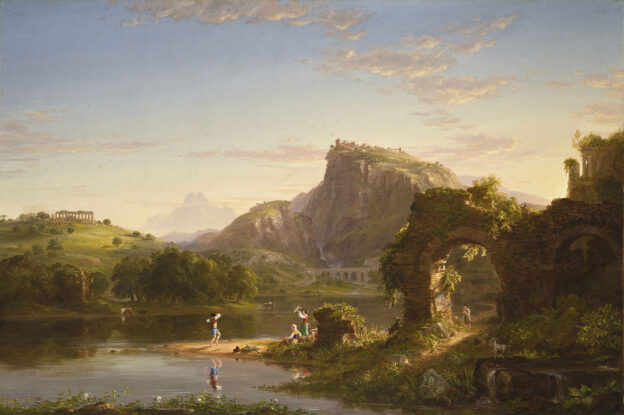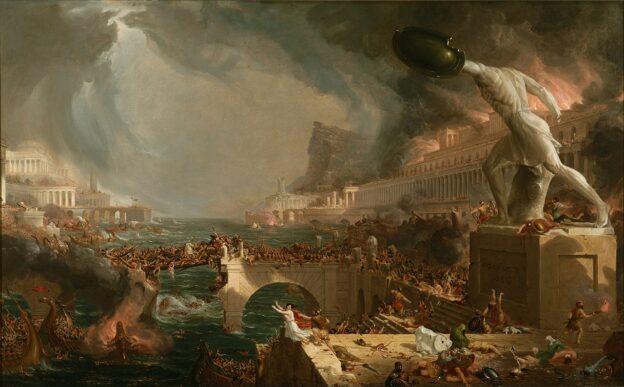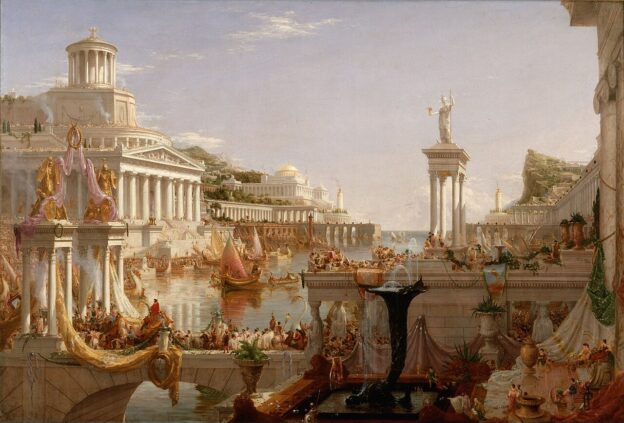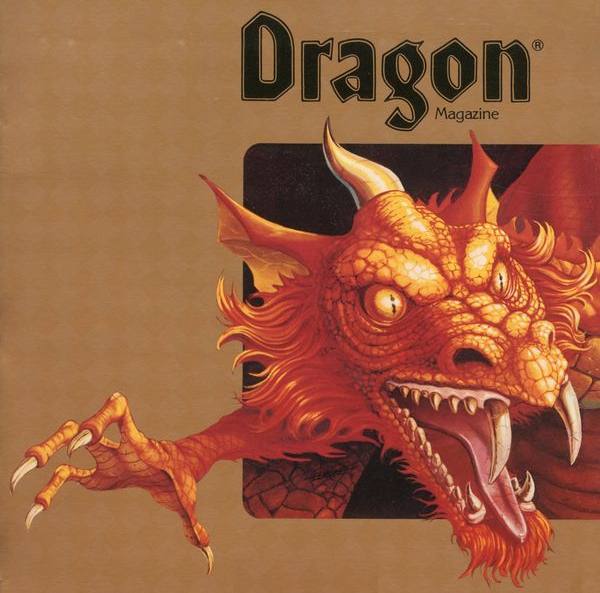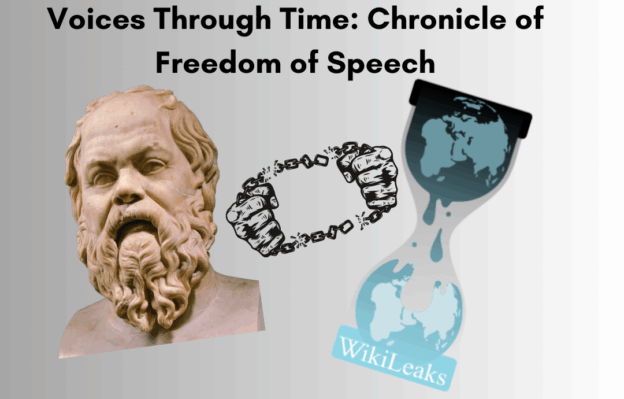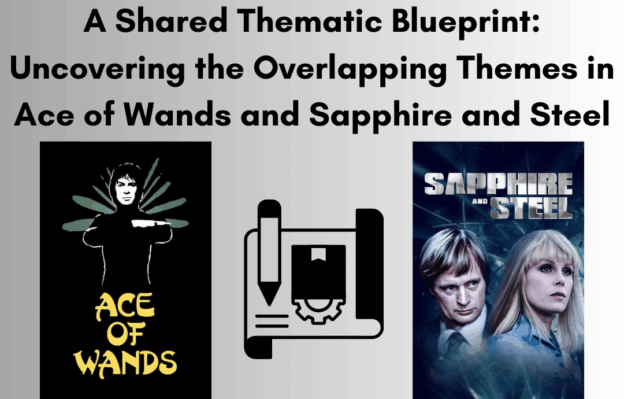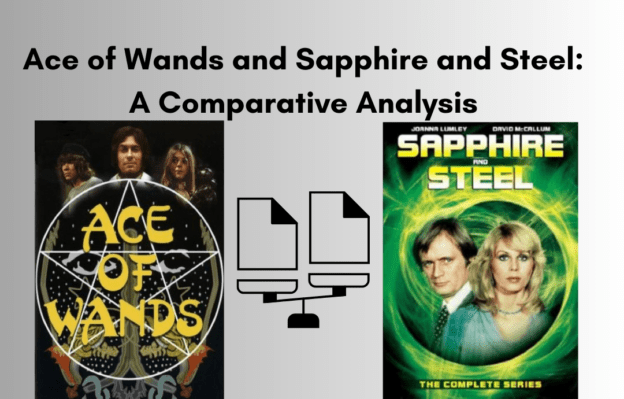In the rapidly evolving field of artificial intelligence, video generation technologies are shaping up to be the next frontier in digital media creation. As companies strive to leverage AI for more realistic and creative video content, OpenAI’s Sora is emerging as a standout contender. A recent evaluation by the Financial Times, which tested several AI video models including Sora, Runway, and Pika, revealed intriguing results about their capabilities. This article delves into why Sora appears to be leading the pack, potentially redefining how industries like advertising, animation, and real estate utilize video content in the digital age.
Continue reading





